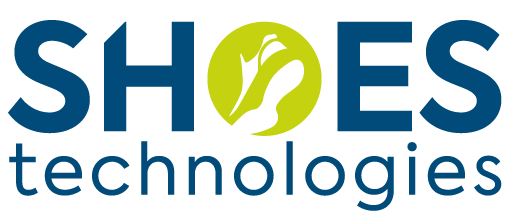Safe and people-friendly workplaces, better remuneration systems, responsible resource management, intelligent material choices, circular systems. These are the five priorities outlined by international fashion industry leaders in the Fashion CEO Agenda, the 2023 edition of which was presented on 27 September at the Global Fashion Summit in Boston. But how can consumers make sure these commitments are met by assessing the social and environmental impact of every single garment or accessory? The European Commission is working on a tool that will accomplish this task: the Digital Product Passport.
Digital Product Passport

The Digital Product Passport (DPP) aspires to become an informative and educational document, a real digital register with information on the entire life cycle of a product, including material composition, origin, percentage of recycled raw materials, use of chemicals, water consumption and CO2 emissions during the production phase, usage and maintenance methods, correct recycling process, etc.
Information shared throughout the value chain and accessible through a physical identifier such as a QR Code or other data carriers such as NFC or RFID.
DPPs could revolutionise product design, production and consumption by providing consumers and businesses with reliable and comparable information on their environmental and social impacts. Moreover, DPPs can facilitate the transition to a circular economy by improving the life-cycle traceability of products and providing useful information for reuse, recycling and repair. Finally, they can strengthen corporate communication, simplify messages to stakeholders, protect brand reputation by also linking to anti-counterfeiting systems and help authorities to conduct more effective controls.
Such systems are still under development, but the direction taken by the European institutions is clear. The Ecodesign Regulation for sustainable products could enter into force as early as 2024 and gradually extend its application until 2030. Among the first sectors affected will be the textile industry, along with the electronics, chemical and building products industries. The ultimate goal is that, by 2030, textile products entering the EU market will be durable, repairable and recyclable, made mainly from recycled fibres, free of harmful substances and produced in an ethical manner respecting social and environmental rights. In the years to come, all products, including footwear, will have to contend with this.
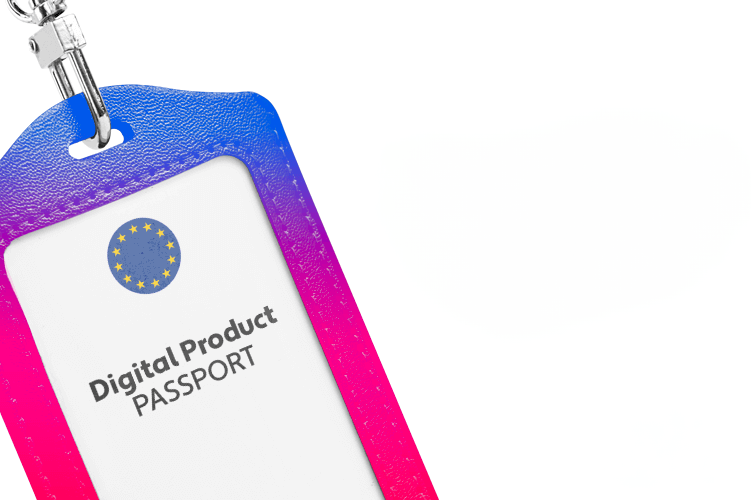
Here is how some brands react to the idea of the Digital Product Passport.
Hugo Boss believes in “the need to communicate the whole brand story to the consumer”. And this is not done because they are forced to by increasingly stringent laws, says Alberto Lampis – Strategic Sourcing Raw Material Senior Specialist at Hugo Boss, but because it is now clear that transparency of supply chains is an excellent shield to protect the brand from all forms of global attacks. “In fact – says Lampis – our timeline envisages in the short term to comply with the various legislations, but in the medium term we aim for full traceability, while in the long term we want to address the issue of end-of-life products”.
“We tattoo all our leathers because traceability has been our mantra for many years now,” says Luca De Iulis Marketing & Sales Director of Conceria Montebello.
Andrea Rossi, CFO of Achille Pinto, echoes him: “We started 10 years ago focusing on traceability with the aim of scanning our entire supply chain. Today, we have a team of five people working in the company who are only concerned with sustainability.“
For Michele Casucci (Founder and General Manager of Certilogo, eBay Group), the Digital Product Passport “represents a complicated challenge, but if you tackle it proactively, it becomes an opportunity to overcome other challenges. I am thinking of counterfeiting, for example. A cancer that damages not only the revenues of brands, but also the environment, since it encourages production that is undoubtedly poorly controlled, does not facilitate recycling and undermines the foundations of the second hand”.
Is there any example of a brand that has already adopted the Digital Product Passport idea?
We can mention the first handmade shoe designed by an AI, that of Peron Shoes and EZ Lab. It is an Italian artisanal shoe, handmade by a company accustomed to working for the big luxury brands, but designed by artificial intelligence and tokenized at every stage of manufacture, by blockchain technology.
It is a hitherto unprecedented combination that has given rise to ‘First handmade shoe designed by AI’, the project born from the collaboration between Peron Shoes, a historic shoe industry on the Riviera del Brenta with 50 years of history behind it, and EZ Lab, an innovative company from Padua specialising in blockchain technology that, through its Made in Block platform, enhances and protects Made in Italy production.
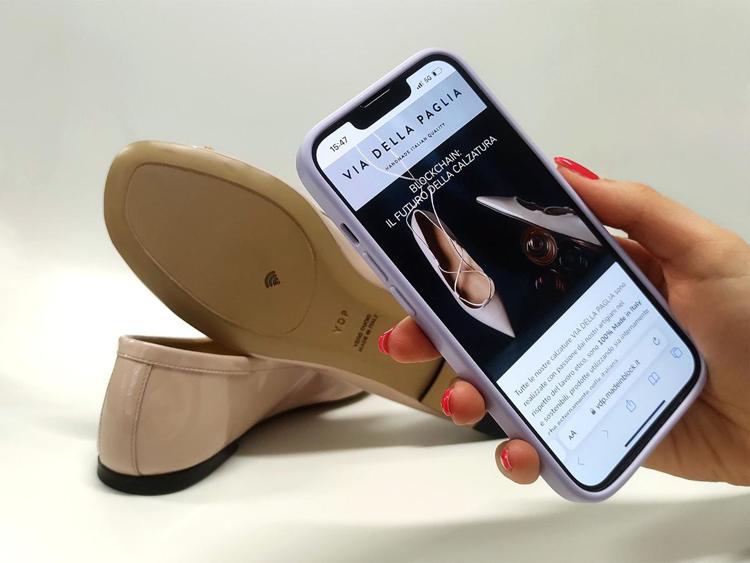
A pair of ballerinas, handcrafted from a design created by a generative artificial intelligence, has been questioned on market trends and the most suitable models for the luxury market. Inside the sole there is an NFC tag, a sort of chip that, when in contact with a smartphone, allows the consumer to access the Climate Digital Product Passport, that allows you to find out all the information you want about sustainability, traceability, product origin, as well as the history of the companies of the supply chain involved in production.
You may also be interested in the following articles:

Shoe Care: best tips for Daily Cleaning and Maintenance
Do you prefer a dress shoe or a casual shoe? No matter, we have advice for everyone!

Leather is sustainable and can also be revolutionary
The Ecotan project, which introduced a biocircular tanning alternative to the world of leather, is only two years old, but it has already profoundly changed the industry.
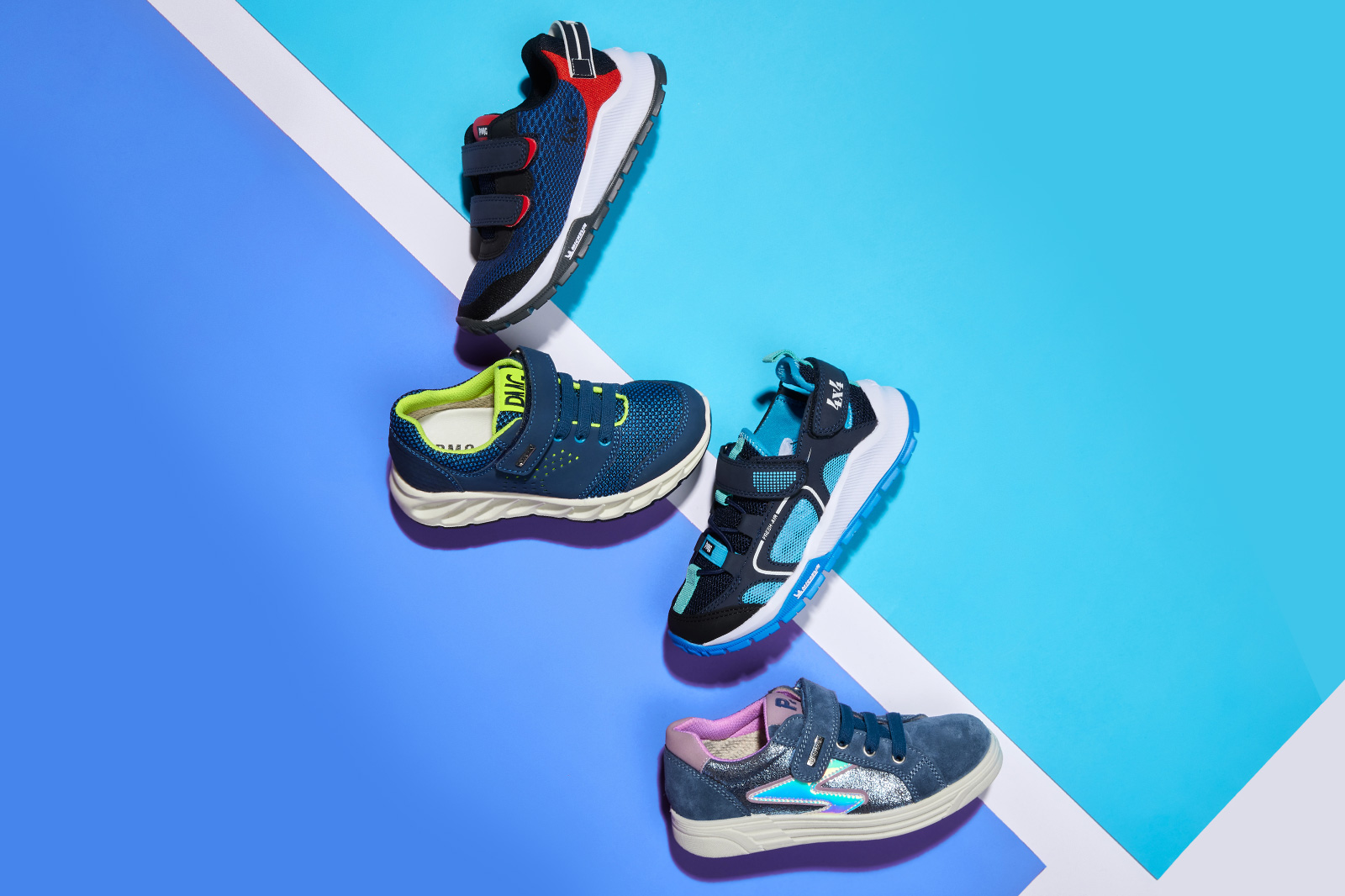
PRIMIGI, the italian brand that cares for our children
Discover how Michelin sole technologies improve safety and comfort in children’s footwear.

